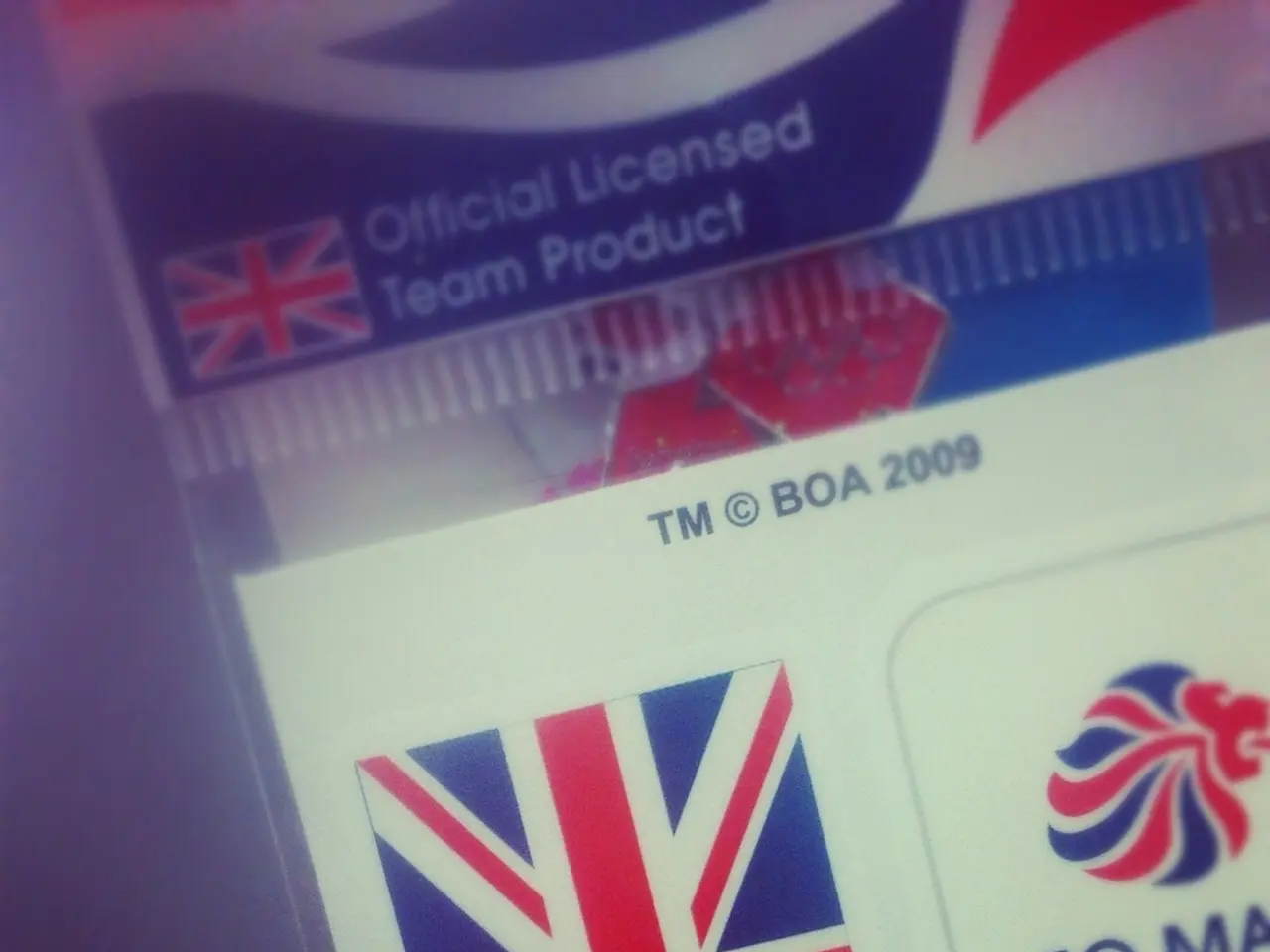Tight Antimoney Laundering Laws in Israel - Ranking Amongst the Most Restrictive Nations Globally
Israel, considered a high-risk country for money laundering, has implemented robust Anti-Money Laundering (AML) regulations to curb illicit activities. The key AML law in Israel is the Prohibition of Money Laundering Law, 5760-2000.
The regulations cover various entities, including Money Service Businesses (MSBs), commercial banks, financial institutions, e-wallets, and fintech platforms, under the AML/CTF (Counter-Terrorism Financing) regime.
MSBs are expected to perform thorough identification and verification of clients, with increased scrutiny on high-risk customers and cross-border transactions. This Customer Due Diligence (CDD) involves collecting and verifying a customer's name, address, and other personal data during onboarding. For corporations, certified copies of their registration certificate, foundation documents, and resolutions are necessary.
Ongoing monitoring is another crucial aspect of AML compliance. Real-time transaction monitoring, behaviour analysis, and maintaining comprehensive audit trails are required to detect suspicious activities effectively. The incorporation of advanced technology tools for monitoring and compliance is emphasized, including validation and oversight of third-party service providers.
Israel is moving toward increasing competition and modular banking licenses, which may expand and refine AML oversight for entities like MSBs to maintain system stability while managing risks. Fintechs and digital wallet providers, which often operate in the MSB space, are also under heightened compliance demands.
Israel's AML requirements align with global AML/CTF trends, such as adherence to standards recommended by the Financial Action Task Force (FATF). The country is FATF compliant and has been a member since 2018. The Israel Money Laundering and Terror Financing Prohibition Authority (IMPA) collaborates with national law enforcement and security authorities, banking sector regulators, and FIUs worldwide.
Notably, Israel has successfully identified and understood the risks associated with money laundering, which is reflected in the country's AML/CFT policies and activities. However, instances of money laundering for organized criminal activity have risen by 12.2% in Israel in 2021, underscoring the need for continued vigilance.
In conclusion, Israeli MSBs must comply with robust AML frameworks emphasizing due diligence, ongoing transaction monitoring, technological integration, and enhanced supervision. This reflects both domestic regulatory reforms and alignment with global AML standards. The trend is toward modernization and increasing transparency, especially for new fintech entrants as Israel expands its financial services competition framework.








